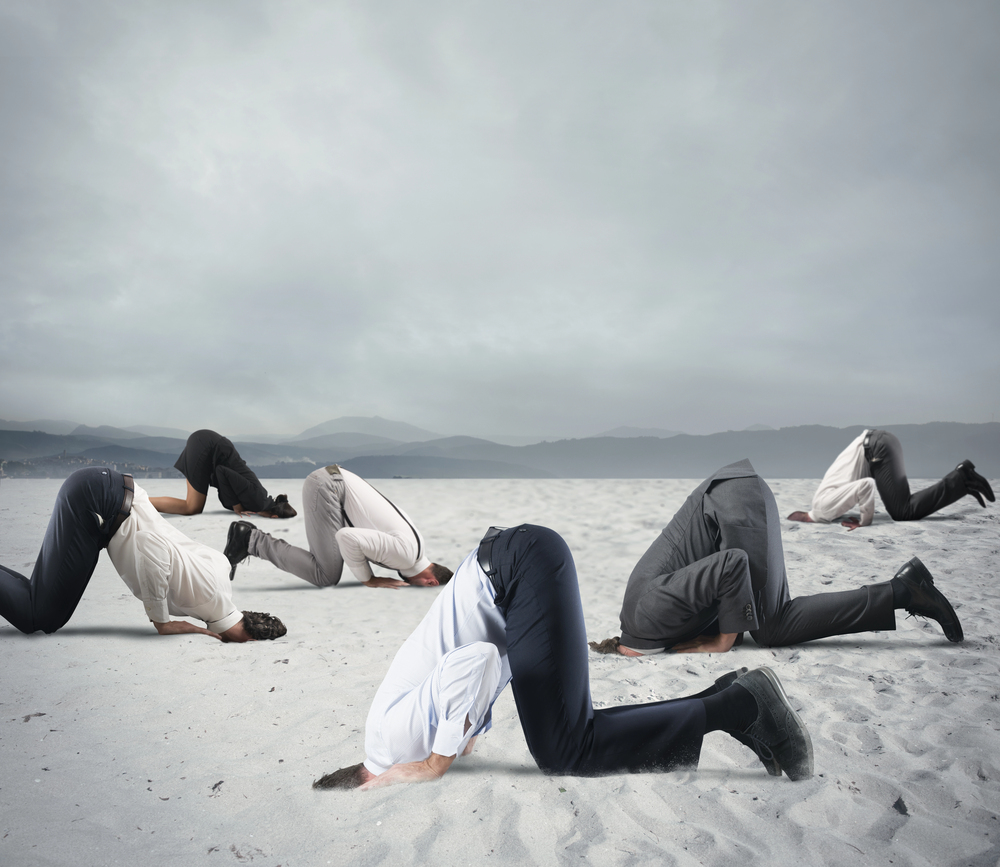Denial is a psychological defense mechanism that involves refusing to accept reality or facts.[1] It allows individuals to cope with uncomfortable truths or emotions by blocking out or distorting reality. While denial can serve as a temporary relief, its implications can significantly impact personal and social functioning.
What is Denial?
Denial is a form of psychological defense used to protect oneself from painful or distressing thoughts, feelings, or realities. It involves rejecting or ignoring aspects of reality that are difficult to accept. This mechanism can manifest in various ways, from denying the severity of an illness to overlooking problematic behavior in relationships.
Types of Denial
- Simple Denial: This involves outright rejecting the existence of a fact or reality. For instance, a person may deny that they have a substance abuse problem despite evidence to the contrary.[2]
- Minimization: In this form, the individual acknowledges a fact but downplays its significance. For example, someone might admit to having a problem but insist that it is not severe or not impacting their life significantly.
- Projection: This involves attributing one’s own undesirable feelings or behaviors to others. For example, a person who is dishonest may accuse others of lying.[3]
- Rationalization: Here, the individual offers logical but inaccurate reasons for their behavior or situation, avoiding the true underlying issues.[4]
The Psychological Functions of Denial
- Emotional Protection: Denial helps to shield individuals from the immediate emotional impact of distressing information.[5] This can be especially useful in the short term, allowing individuals to manage overwhelming feelings or stress.
- Maintaining Self-Esteem: By denying negative aspects of their behavior or circumstances, individuals can protect their self-esteem and avoid confronting feelings of guilt, shame, or inadequacy.[6]
- Coping Mechanism: Denial can serve as a coping strategy during periods of crisis or significant life changes. It allows individuals to function and make decisions without being paralyzed by the full weight of their situation.
The Downside of Denial
While denial can provide short-term relief, it can have detrimental long-term effects:
- Impaired Decision-Making: Denial can lead to poor decision-making by distorting one’s perception of reality.[7] For example, ignoring health issues can result in a delay in seeking treatment, leading to worsened outcomes.
- Relationship Strain: In relationships, denial can prevent individuals from addressing and resolving conflicts, leading to unresolved issues and increased tension.
- Hindered Personal Growth: Denial can obstruct personal development by preventing individuals from confronting and addressing their flaws or challenges.
- Health Consequences: Persistent denial of health issues or risky behaviors can lead to severe health complications and diminished overall well-being.[8]
Recognizing and Addressing Denial
- Self-Awareness: Increasing self-awareness through introspection, therapy, or feedback from others can help individuals recognize when they are in denial.
- Seeking Professional Help: Therapists can assist individuals in exploring the roots of their denial and developing healthier coping mechanisms.
- Fostering Open Communication: Encouraging honest dialogue with trusted friends, family, or colleagues can provide perspective and support in overcoming denial.
- Setting Realistic Goals: Establishing achievable goals and acknowledging progress can help individuals confront and address challenging aspects of their lives.
Conclusion
Denial is a complex psychological mechanism that can provide temporary relief but may also obstruct personal growth and well-being. By understanding the functions and implications of denial, individuals can work towards greater self-awareness and more effective coping strategies. Embracing reality, even when it is difficult, can ultimately lead to healthier decision-making, improved relationships, and a more fulfilling life.
[1] Travis, Anne C., et al. “Denial: what is it, how do we recognize it, and what should we do about it?.” Official journal of the American College of Gastroenterology| ACG 106.6 (2011): 1028-1030.
[2] Van der Sandt, Rob A. “Denial and presupposition.” Perspectives on dialogue in the new millennium (2003): 59-77.
[3] Knight, Robert P. “Introjection, projection and identification.” The Psychoanalytic Quarterly 9.3 (1940): 334-341.
[4] Sloane, Eugene H. “Rationalization.” The Journal of Philosophy 41.1 (1944): 12-21.
[5] Vos, Martina S., et al. “Denial and social and emotional outcomes in lung cancer patients: the protective effect of denial.” Lung cancer 72.1 (2011): 119-124.
[6] Lin, Ying‐Ching, Chien‐Huang Lin, and Priya Raghubir. “Avoiding anxiety, being in denial, or simply stroking self‐esteem: Why self‐positivity?.” Journal of Consumer Psychology 13.4 (2003): 464-477.
[7] Verdejo-García, A., Maria Jose Fernandez-Serrano, and Javier Tirapu-Ustarroz. “Denial and lack of awareness in substance dependence: Insights from the neuropsychology of addiction.” Principles of addiction 1 (2013): 77-86.
[8] Fricchione, Gregory L. “Clinical implications of illness denial.” Psychotherapy and Psychosomatics 92.4 (2023): 208-210.

